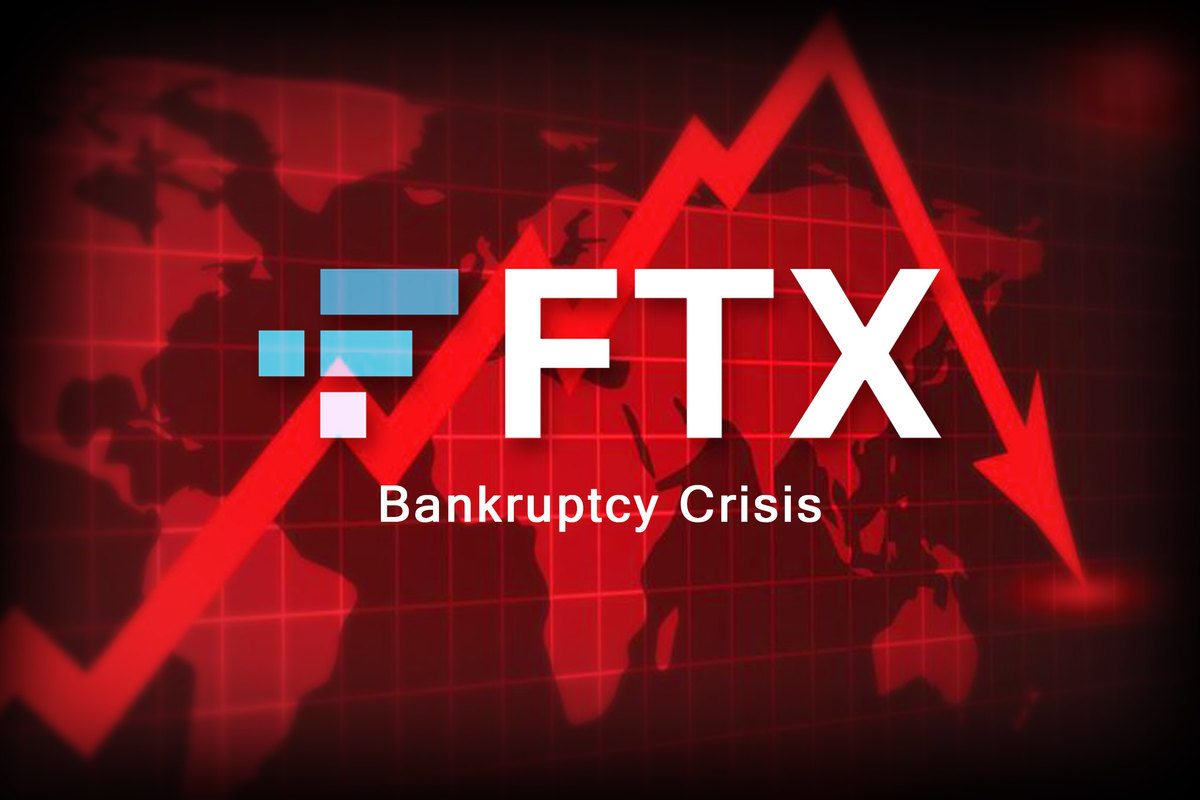FTX Crypto fraud victims will recover funds plus interest, say bankruptcy attorneys representing customers affected by the exchange’s collapse 17 months ago.
Six months have passed since FTX co-founder and former CEO Sam Bankman-Fried (SBF) was found guilty on seven counts of money laundering, conspiracy, and fraud after discovering that about $8 billion in client cash had disappeared. SBF was given a 25-year prison term in March and mandated to forfeit $11 billion. The bitcoin tycoon filed an appeal last month that might take years to be heard.
Reorganizing
Following its declaration of bankruptcy in late 2022, SBF resigned, and U.S. attorney John J. Ray III was appointed CEO and “chief restructuring officer,” responsible for managing FTX’s restructuring. Ray declared in court shortly after assuming leadership that he didn’t “trust a single piece of paper in this organization,” despite specific audits that had been completed at FTX in the past. The missing $8 billion was invested in real estate, political contributions, and venture capital (VC) firms, including a $500 million investment in the AI startup Anthropic before the generative AI boom, which the FTX estate was able to sell for $884 million earlier this year. Ray and his team tracked the missing funds in the months that followed.
At first, it didn’t look peculiar that investors would get back much, if any, of their investment. However, indications in the last few months indicated that there might be good news soon, as efforts to recover funds from FTX’s different assets and business leaders have progressed.
According to a press release released by the FTX estate today, we now know that 98% of FTX creditors will receive 118% of their FTX-stored assets in cash. In comparison, the remaining creditors will receive 100% plus “billions in compensation for the time worth of their investments.”
FTX claims that it will be able to distribute a total of $14.5 billion to $16.3 billion in cash, which includes assets that are currently in the hands of different parties, such as liquidators, chapter 11 debtors, the Securities Commission of the Bahamas, and the U.S. Department of Justice.
Although the relevant bankruptcy court must approve the reorganization plan, the goal is to settle all outstanding issues with stakeholders and the government “without costly and protracted litigation,” according to their statement.
It is important to note that creditors will not profit from the recent surge in Bitcoin prices in the cryptocurrency industry following FTX’s collapse. When it filed for bankruptcy, FTX had significantly less Bitcoin and Ethereum than its clients thought it possessed.
Therefore, the value increase of these tokens will not be included in this settlement.



